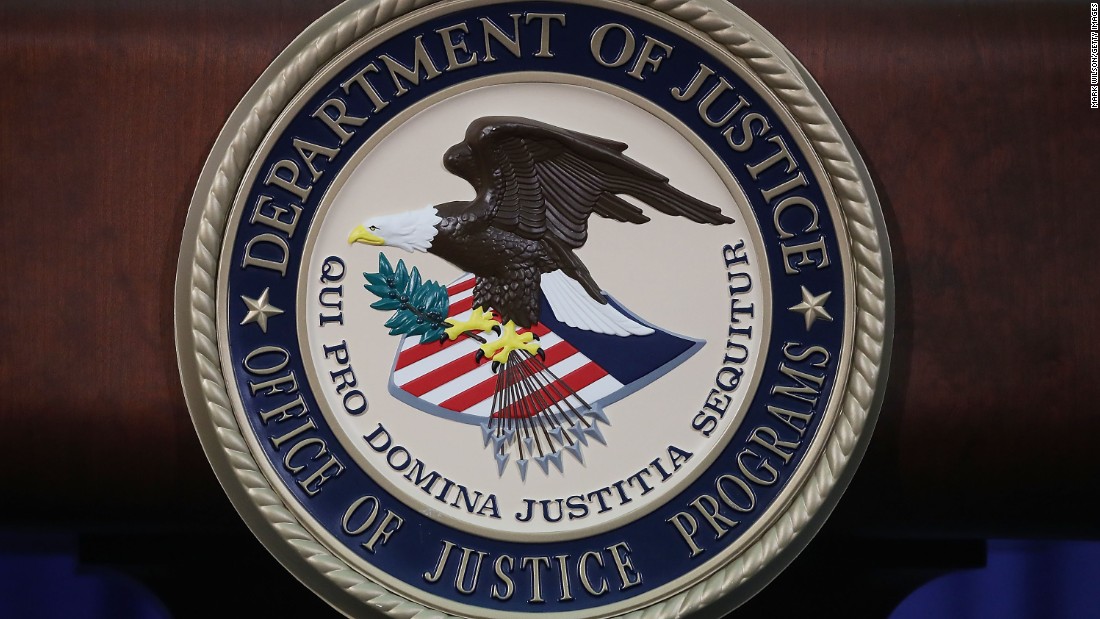
The case over the grand jury secrets has become one of several ongoing separation of powers court battles, all of which are testing whether the Trump administration or President Donald Trump himself can stonewall the House as it collects evidence and considers impeaching the President. So far, the administration has been successful in delaying the House probe by holding up testimony from witnesses, Trump financial document subpoenas and even the Mueller grand jury information-sharing.
Yet federal judges have roundly shot down the administration's arguments so far, repeatedly saying the House deserves the information it says it needs.
In this case, the House Judiciary Committee sued for access to details that former special counsel Robert Mueller collected using a confidential federal grand jury during his two-year-long criminal investigation into whether Trump obstructed justice and whether his administration or campaign encouraged foreign interference in elections.
A trial-level judge held Friday that the Justice Department must release the details to the House, citing several historical impeachments of presidents and even the Federalist Papers' views on impeachment proceedings. The judge, Beryl Howell of the DC District Court, gave the Justice Department a deadline of Thursday.
Yet the appeals court said on Tuesday it would delay Howell's deadline as both sides write initial, limited arguments in the appeal. Even with the deadline paused, the Trump administration appears to have a steep uphill battle in the case.
What's next
With the pause in place, the DC Circuit Court of Appeals now will consider arguments related to Howell's ruling on Friday, giving the House access to the grand jury material. The court says the Thursday deadline the Justice Department had faced will be suspended "pending further order of the court."
The appeals court will first look, beginning next week, at whether the deadline to turn over the documents should be extended while the case is appealed. A three-judge panel of appellate judges said their delay of the deadline "should not be construed in any way as a ruling" on the broader arguments over access to the grand jury secrets.
Howell, sitting in the trial-level court, told the Justice Department on Tuesday that she believes the administration will lose its case before the appeals court. She refused to match the appeals court's decision to delay the deadline.
"DOJ is not likely to succeed on the merits on appeal," she wrote on Tuesday. "The serious infirmities in DOJ's arguments have already been addressed at length."
Though Howell's opinion Tuesday has little immediate practical effect, it will give the House an even stronger legal argument as the appeal process begins and the House continues to press for the grand jury details, asking for them quickly.
Howell had ruled in a lengthy, biting opinion last Friday that the Justice Department must give the House secret grand jury transcripts, exhibits and other details collected by Mueller.
She also gave legal validity to the House's impeachment inquiry, calling it a judicial proceeding and etching away at legal arguments the White House has tried to make in this and other cases to impede cooperation in the probe.
The judge described her belief of how the House's impeachment proceedings picked up investigating where the Mueller investigation left off.
"Impeachment based on anything less than all relevant evidence would compromise the public's faith in the process," Howell wrote on Friday. She also noted that the grand jury details are especially needed by Congress "when the Executive Branch willfully obstructs channels for accessing other relevant evidence."
The House says it is considering Trump's actions towards Ukraine as grounds for impeachment, as well as his possible efforts to derail the Mueller investigation and newer attempts to block the House's pursuits. The House has told the court it needs to review the confidential Mueller grand jury materials so it can consider multiple articles of impeachment.
No comments:
Post a Comment